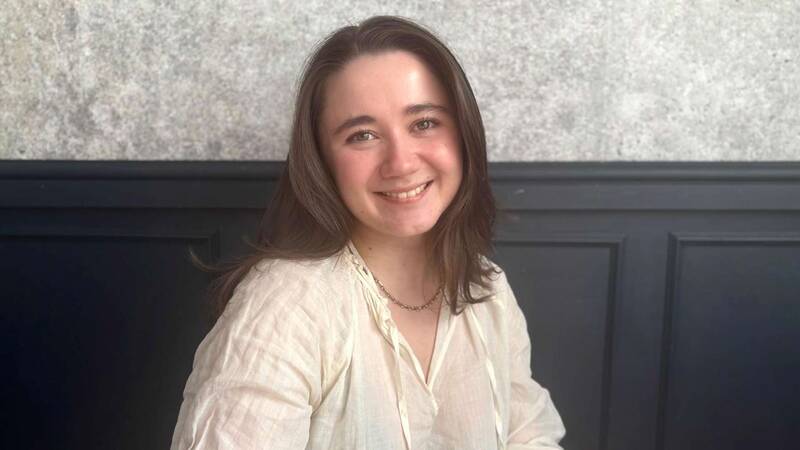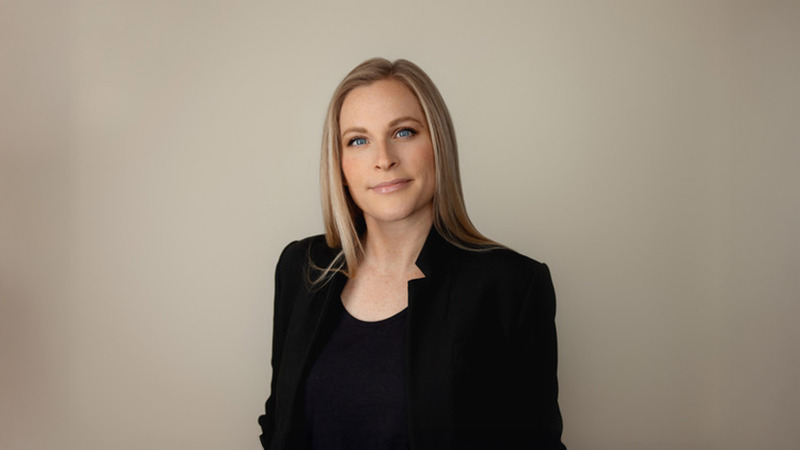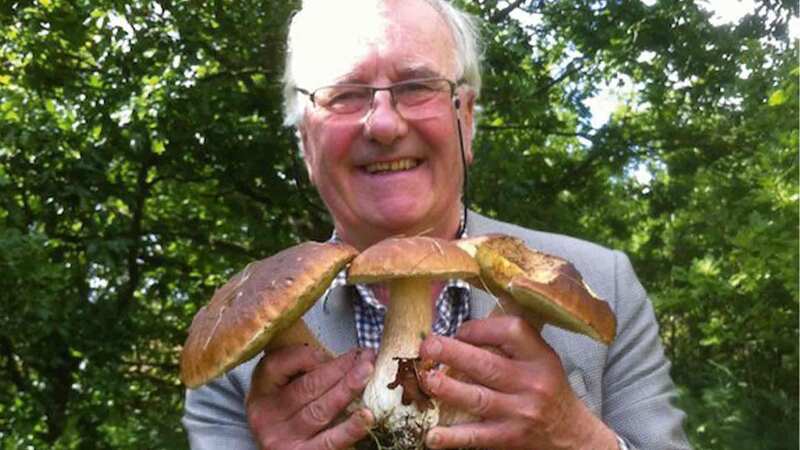You are viewing your 1 free article this month. Login to read more articles.
Hadley scoops £10k Edge Hill Prize for Bad Dreams
Tessa Hadley has won the £10,000 Edge Hill Short Story Prize for Bad Dreams (Jonathan Cape).
The former teacher and author of six novels beat off competition from fellow nominees Sarah Hall for Madame Zero (Faber), Tom Rachman for Basket of Deplorables (Riverrun) as well as Alison MacLeod’s All the Beloved Ghosts (Bloomsbury) and Leone Ross for Come Let Us Sing Anyway (Peepal Tree Press ). The award was announced at a ceremony in Waterstone’s Piccadilly in central London on Saturday night (3rd November).
Her longtime editor Dan Franklin, associate publisher at Jonathan Cape, suggested Hadley's literary star is on the rise with more wins coming her way in recent years. "For years now Tessa Hadley has failed to get the recognition she deserves, but at last it looks as though this is changing," he told The Bookseller. "She is brilliant enough to win every fiction prize going."
Bad Dreams was praised by the organisers of the prize for the way in which "the ordinary is made extraordinary as the real things which happen turn out to be mysterious".
The book was published by the Penguin Random House division Vintage, under the Jonathan Cape imprint, in January 2017, with the paperback released a year later. The 224-page collection features two sisters arguing over an inheritance and a baby, a housekeeper helping an elderly man uncover his past, a young girl accepting a lift from a group of strangers and an old friend delivering bad news at a dinner party.
"In these gripping and unsettling stories, the ordinary is made extraordinary and the real things that happen to people turn out to be every bit as mysterious as their dreams,” the synopsis reads.
Hadley, who lives in Cardiff and teaches at Bath Spa University, said: “I love this prize because it’s the only one for a whole collection and takes the form seriously.
“There are two ways that this prize is important. One, if you’re any good as a writer you’re always full of self-doubt so you need that confirmation from the outsider, and two, winning the prize means people actually take notice of your work.”
Last year Hadley revealed in a Bookseller blog how www.thebookseller.com/news/british-novelist-tessa-hadley-wins-yales-windham-campbell-prize-323781">winning the Windham-Campbell Prize, worth $150,000 (£107,000), for her novels Clever Girl and The Past (both Jonathan Cape) in 2016 had transformed her writing life, and emphasised the importance of awards for writers.
In 'The true value of prizes for authors', she wrote: "A prize, like good reviews, helps a writer feel at ease with her own achievement, removes at least some part of the burden of responsibility for the words and the stories.”
“There’s something near to miraculous for the anxious writer when a prize alights on that writing which begins in such a private, fraught, inner space, and makes such a cautious entry into the public arena. It’s an almost improbable collision of inner and outer lives, the self and the world, hope and achievement.”
Meanwhile in March this year, Hadley suggested that British and Commonwealth writing had become “lost in the margins” of US fiction as a result of the Booker Prize Foundation's decision to allow US authors to be submitted for the Man Booker.
Hadley's first published title, Accidents in the Home (Vintage), was published in 2002 when she was 46. She has sold 119,391 books for £946,199 in total, with The Past her bestseller, at 43,156 copies sold, according to Nielsen BookScan.
The Edge Hill Short Story Prize was founded in 2006 by Edge Hill University’s professor Ailsa Cox and remains the only annual prize that recognises excellence in a published, single-authored collection of short stories in the UK and Ireland, organisers said. Edge Hill is a campus-based university in Lancashire which opened in 1885.
Also at the ceremony, Sarah Hall won the £1,000 Reader’s Prize, selected by 20 Edge Hill Creative Writing students while Julia Clayton, an MA Creative Writing student, won the award for most promising MA student writer.


















